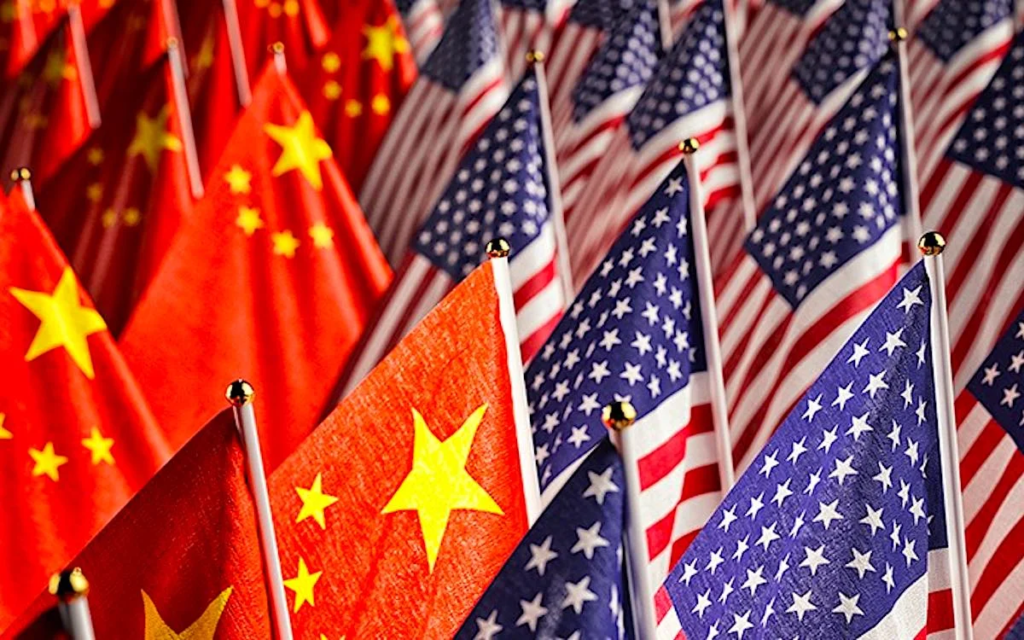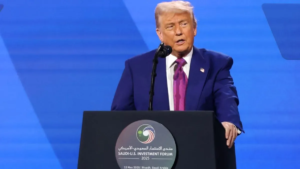The Sino-American Rivalry: A Complex Tapestry of Tensions
A Shift in the Global Order
The relationship between China and the United States, once characterized by cooperation and mutual economic benefit, has evolved into a complex tapestry of tensions. In recent years, both nations have engaged in a fierce rivalry, accusing each other of aggressive behavior and undermining global stability. This escalating tension has far-reaching implications for the world order, with potential consequences for international trade, security, and climate change.

Competing Visions of the Future
At the heart of the Sino-American rivalry lies a fundamental disagreement over the global order. China, as a rising power, seeks to challenge the unipolar system dominated by the United States. It advocates for a more multipolar world where power is distributed more evenly among nations. The United States, on the other hand, is reluctant to relinquish its position as the world’s leading superpower and has adopted a more assertive stance towards China.
Economic Competition and Trade Wars
Economic competition is another major source of tension between the two countries. China’s rapid economic growth has made it a major global economic player, challenging the United States’ traditional dominance. This competition has led to trade disputes, intellectual property theft allegations, and concerns about China’s unfair trade practices. The Trump administration’s imposition of tariffs on Chinese goods further exacerbated these tensions, leading to a trade war that had significant economic consequences for both countries.
Geopolitical Rivalry and Military Tensions
Beyond economic competition, geopolitical rivalry has also played a significant role in the deterioration of Sino-American relations. The United States has expressed concerns about China’s military modernization, its territorial claims in the South China Sea, and its human rights record. China, in turn, has accused the United States of containing its rise and interfering in its internal affairs. These geopolitical disputes have led to increased military activity in the region and raised concerns about the potential for conflict.
Global Implications of the Rivalry
The Sino-American rivalry has broader implications for the world order. The two countries are major players in international institutions such as the United Nations and the World Trade Organization. Their cooperation is essential for addressing global challenges such as climate change, nuclear proliferation, and terrorism. However, the ongoing tensions between the two powers threaten to undermine these institutions and make it more difficult to address these pressing global issues.
The Road Ahead
In conclusion, the Sino-American rivalry is a complex and multifaceted relationship with significant implications for the world order. While there is potential for cooperation between the two countries, the current tensions pose significant challenges. It is imperative for both nations to find ways to manage their differences and work together to address the pressing global issues of our time.










